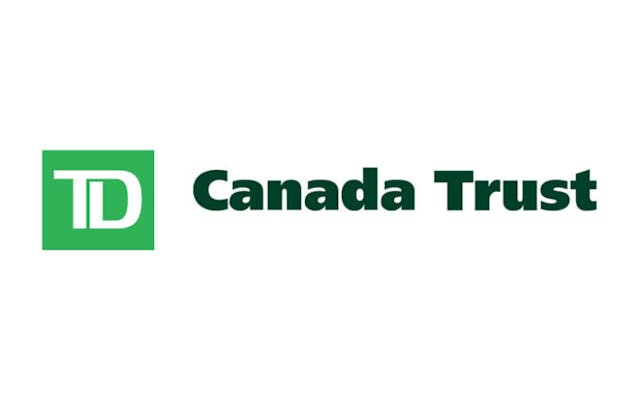Nov 23, 2021
Mortgages Cheaper than Rent!
Real estate ownership is promoted as a long-term investment that will likely generate equity and provide tax benefits. Renting offers its own set of benefits, including a lack of responsibility and freedom. However, many individuals think that purchasing a home is a better financial option than renting. From mortgage lenders to real estate salespeople to home renovation retailers, real estate is a massive business. It's ingrained in our culture and economics. It's crucial to note, though, that owning a house isn't always preferable to renting and that renting isn't always as straightforward as it appears.
Consider the advantages and disadvantages of each to determine if renting or buying is the best option for you.
Renting has the following benefits:

Flexibility:
Renting does not bind you in any manner. If you plan to relocate soon or regularly, renting allows you to leave home as soon as your original lease, which is usually 12 months, expires. This isn't achievable with a mortgage because there are financial penalties for breaking a mortgage and paying taxes every time you sell a home.
Less trouble and upkeep:
Owning a house isn't only a financial strain. A home's regular care and maintenance will take several hours of your time, as well as a few additional cash. When you rent, this obligation is transferred to your property management, allowing you to focus on other productive tasks.
Pocket Friendly:
Renting is often less expensive than buying a home, at least in the near term. If your household income is insufficient to qualify for a mortgage, renting is usually a more cost-effective choice.
On the other hand, leasing might provide you with more discretionary money to spend or invest if buying isn't for you.
Advantages of Mortgaging property:

Stability:
You have complete control over the situation when you own a property. You don't need to consult a landlord or property manager* if you want to paint, change the floor, remodel, or add an ensuite; you do it!
You keep capital gains: If the value of your property rises, as a homeowner, you will keep the extra home equity and enjoy capital gains if you decide to sell (minus capital gains tax). If you're renting, the only person who benefits is your landlord - if you're extremely unfortunate, a price increase may result in your landlord selling the house or raising your rent!
Building equity:
With a mortgage, each monthly payment contributes to the growth of equity in your property. While a portion of your mortgage payment is used to pay interest on your loan, the remainder is used to pay off the debt. Interest will make up a more significant portion of your payment at the start of your mortgage, but it will decrease with time.
Less expensive:
Buying a property often entails paying a more significant monthly price than renting the same home, at least at first. That isn't always the case, especially when you deduct the portion of your monthly payment that goes toward principal reduction.
Many people also have the misconception that they must get married before purchasing a property. The truth is that only your capacity to make payments should be taken into account by mortgage lenders. All potential homeowners must also consider the hazards involved. Obtaining a mortgage frequently necessitates the use of significant financial leverage. People with mortgages can make huge returns if property values rise.
Final Words
Despite the danger, additional money, and more tasks that come with owning a house, many individuals prefer renting. Being said that, Mortgaging gives a more stable environment to raise children. It is also usually the only method to obtain or construct the type of home that individuals desire. In the end, the choice between renting and buying involves more than just a financial one. It's also an emotional experience.

![[object Object]](https://images.prismic.io/ratelockca/aef1d5cf-f11f-4a48-85d5-ee8dd70e1119_MCAP+800x500.png?auto=compress%2Cformat&w=1000&h=400)
